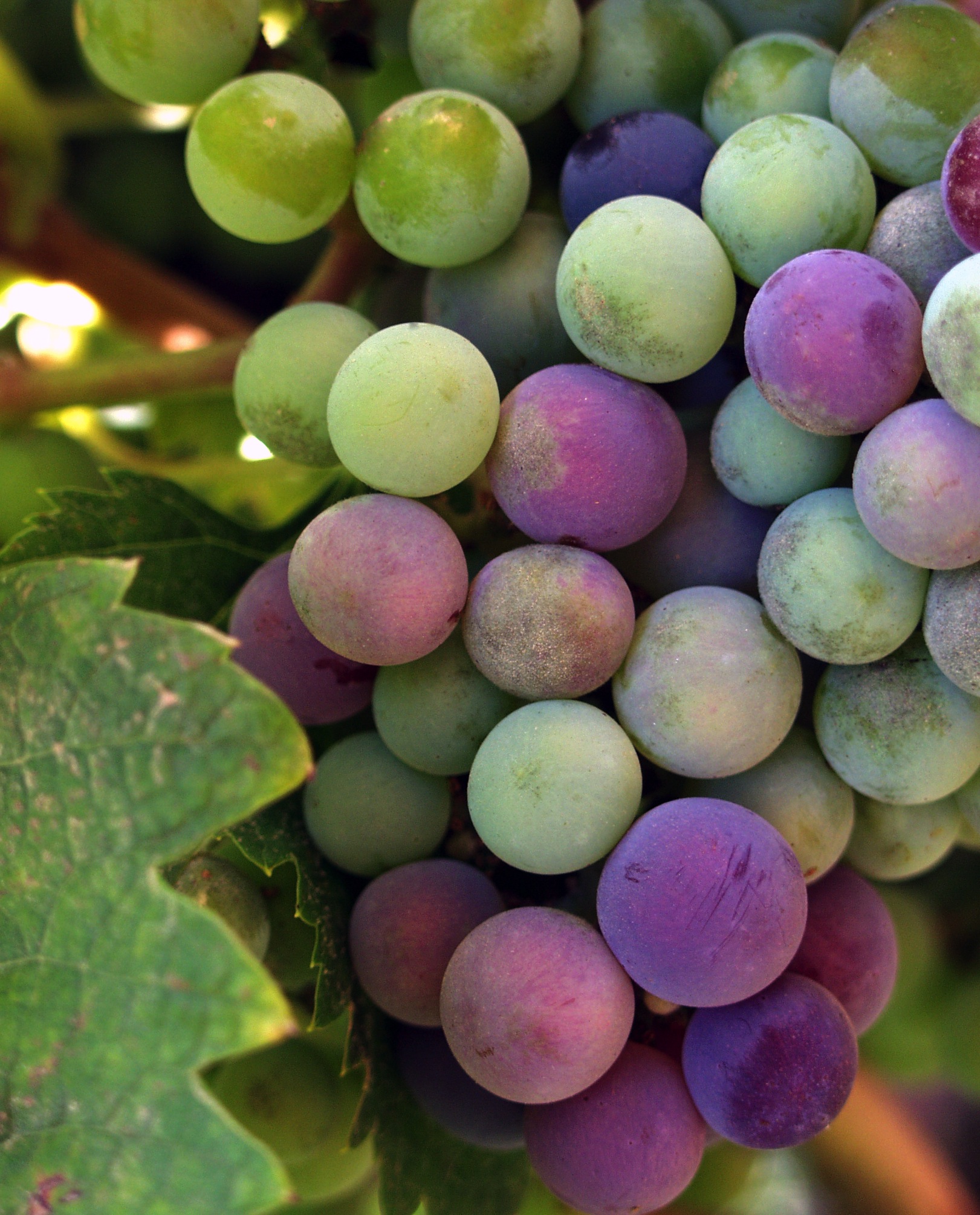
Last week I wrote about why berries may not be the brain-boosting super food we’ve all been lead to believe. And I made a case for adding chicken liver to smoothies instead. Time will tell if this idea takes off!
This week, I wanted to speak a little more about some of the nutrients that are found in berries that neuroscience has found have a positive effect on the brain and cognition.
Plant polyphenols and the ageing brain
Associate Professor Paul Cherniack from the University of Miami, has reviewed a few of the studies underway on how berries may impact the brain in his delightfully titled paper: A berry thought-provoking idea: the potential role of plant polyphenols in the treatment of age-related cognitive disorders.
Polyphenols are chemicals that occur in fruits and plants and it’s thought they might protect cognition via their antioxidant and anti-inflammatory properties. And by impacting communication between brain cells.
Berries and cognition in aging rats and mice
Numerous studies report the benefits of polyphenol extracts from blueberries, strawberries, blackberries, grapes and plums (sadly, no mulberries!) in aging rats.
Compared to placebo, polyphenol extracts improve maze finding, balance, strength and muscle tone in mice. And a couple of studies report that grape polyphenols inhibit the formation of amyloid plaques (a brain marker of Alzheimer’s disease) in mice with dementia.
Berries and cognition in older humans
In randomised controlled double-blind trials in older people with memory loss, grape and blueberry juice extracts were reported to improve verbal memory compared to placebo juice drinks. However, the numbers of people enrolled in these trials were tiny (nine in one trial and 12 in another), so they are very preliminary.
Another family of berry chemicals – the flavonoids – are associated with slower rates of cognitive decline. Participants in the Nurse’s Health Study who reported they ate lots of blueberries and strawberries were compared to those who reported they ate few berries. The berry-eaters delayed cognitive aging by up to 2.5 years.
But as a caution, berry intake was measured by self-reported food frequency questionnaire and these questionnaires are fraught with bias and not always accurate. Can you recall how often you ate berries in the last year?
Considerations for treatment with berry extracts
Professor Paul Cherniack concludes his paper by saying:
…the research on the use of fruit polyphenols in the treatment of cognitive impairment appears promising.
But like all good scientists he has a caveat:
…there are many further considerations that need to be addressed in the design of more definitive studies.
Three questions still being considered by scientists are:
- What is the optimum age for the initiation of berry or fruit based therapies against brain ageing? The brain pathology resulting in dementia starts years before the onset of symptoms. This means the optimum time for the initiation of therapy might be in young or middle age, long before symptoms occur.
- How should polyphenols be taken? Naturally as a fruit, processed into juices, extracts and tablets, or given as individual polyphenols? At present, there is not much evidence about which form is the best to administer. Personally, I’d stick with the whole food (and I talk about why here).
- How ‘bioavailable’ are the polyphenols (especially when given as supplements)? It’s still unclear
how easily the nutrients travel from the gut into bloodstream and into the brain.
A final word on resveratrol
The most ‘famous’ polyphenol is probably resveratrol, and it’s found in grapes (and wine!). Resveratrol has some very vocal supporters including Professor David Sinclair who recently gave a TedX talk in Sydney on anti-aging. There are a couple of large trials underway testing resveratrol’s impact on metabolic syndrome (an umbrella term high blood pressure, high cholesterol, diabetes and obesity) which is linked to demenita.
Definitely one to watch!
[hr]
References:
E. Paul Cherniack 2013. A berry thought-provoking idea: the potential role of plant polyphenols in the treatment of age-related cognitive disorders. British Journal of Nutrition (2012), 108, 794–800
Paul Cherniack (2012). A berry thought-provoking idea: the potential role of plant polyphenols in the treatment of age-related cognitive disorders. British Journal of Nutrition DOI: 10.1017/S0007114512000669
Share the love
[Sassy_Social_Share]
1 Comments
Leave a Comment
About Dr Sarah
Neuroscientist, Author, Speaker, Director of The Neuroscience Academy suite of professional training programs.
Latest Posts
Free 10 day micro-training in neuroscience

Learn one neuroscience concept a day!
10 simple, bite-sized lessons in brain health, delivered daily to your inbox


[…] Next week, I’ll blog about the studies testing the impact of berry nutrients on cognition. […]